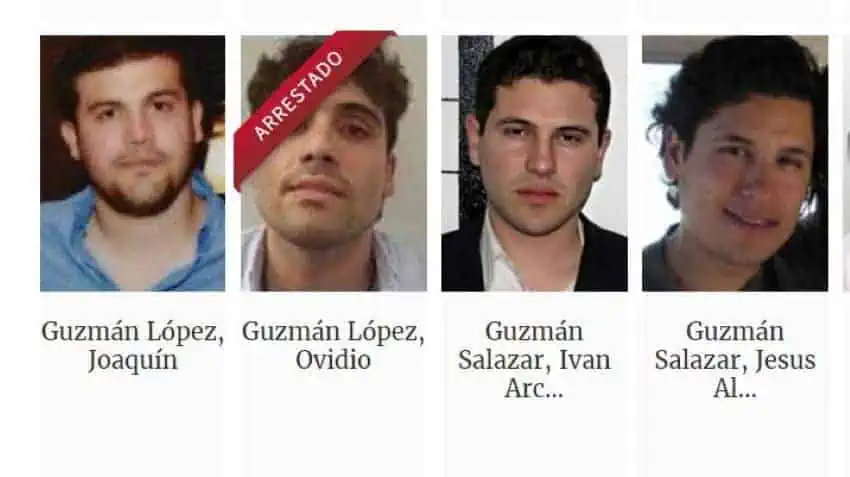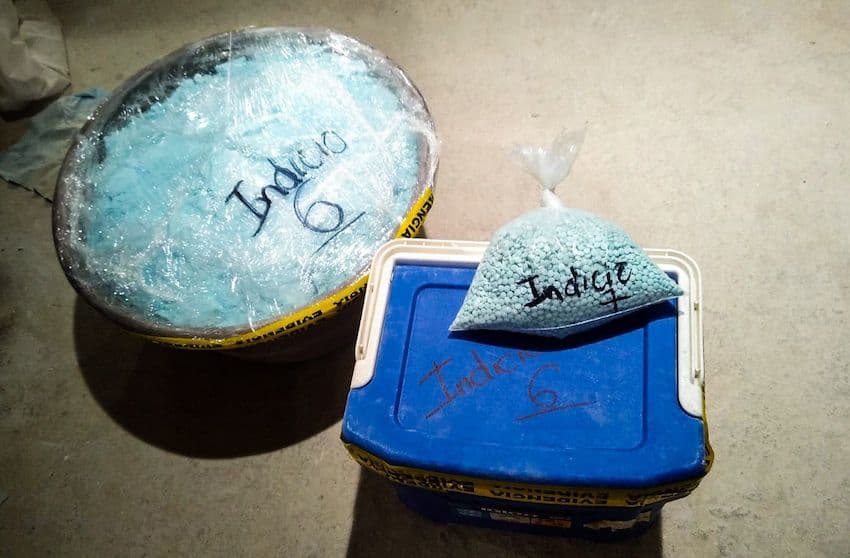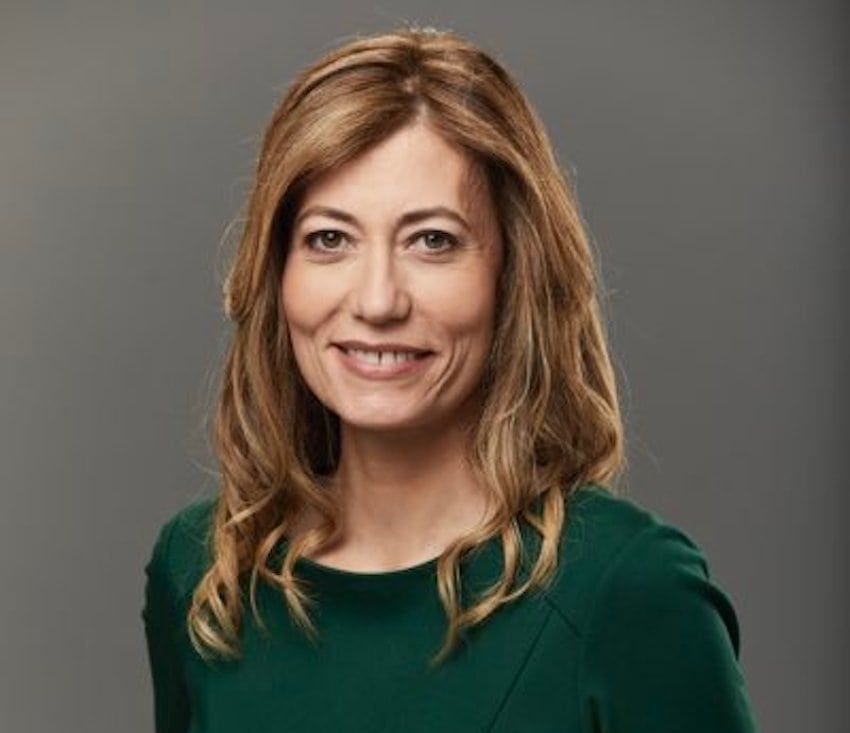Banners appear in Sinaloa signed by ‘Los Chapitos’

A Sinaloa Cartel faction led by the sons of imprisoned drug lord Joaquín “El Chapo” Guzmán has banned the production and sale of fentanyl in Sinaloa, according to banners that appeared in the northern state on Monday.
Machine-printed “narco-banners” containing a message that allegedly comes from the notoriously violent “Los Chapitos” faction of the powerful cartel were hung from bridges and overpasses in the municipalities of Culiacán, Mazatlán, Guamúchil and Ahome.
“The sale, manufacture, transportation or any kind of business involving the substance known as fentanyl, including the sale of chemical products for its production, is strictly prohibited in Sinaloa,” read the banners that ended with “Att:Chapitos” or “Sincerely, Chapitos.”
The banners said the ban on fentanyl-related business was “due to the incessant disinformation from some media outlets and the clear failure of government by not investigating and pursuing those truly responsible for this epidemic.”
They also said that Los Chapitos – who been identified as major suppliers of fentanyl to the United States – have never been involved in the fentanyl business nor ever will be, and warned the public to “beware of the consequences” of not abiding by the ban on the sale and production of the synthetic opioid, which is the leading cause of drug overdose deaths in the United States.
Sinaloa Attorney General Sara Bruna Quiñonez said Monday that authorities were conducting an investigation to determine who put the banners on public display. She asserted that the message was directed to the state government, but didn’t say why she believed that was the case.
![]()
The appearance of the banners came almost six months after the United States Department of Justice unsealed drug trafficking and other charges against more than 20 Sinaloa Cartel members and associates, including Los Chapitos: Ovidio Guzmán López, Jesús Alfredo Guzmán Salazar, Iván Archivaldo Guzmán Sálazar and Joaquín Guzmán López.
An indictment against the four brothers said their goal was to produce massive amounts of fentanyl and sell it at low prices. Prosecutors said they make huge profits even when they sell pills at a wholesale prices of just 50 cents per unit because production is so cheap.
Ovidio was detained in Culiacán in January and extradited to the United States last month to face charges including drug trafficking and money laundering. The U.S. is offering large rewards for information that leads to the capture of the other three men.
The Guzmán brothers previously denied their involvement in the illicit fentanyl business in a rambling four-page letter sent to the Mexican media outlet Milenio in May.

“We have never produced, manufactured or commercialized fentanyl or any of its derivatives,” they said in the letter, whose authenticity was confirmed by a lawyer for Los Chapitos.
“We are victims of persecution and have been made into scapegoats,” they claimed.
Culiacán-based news website Ríodoce reported in June that Los Chapitos had told fentanyl producers in the state capital to stop making the drug. Not long after that, “bodies were discovered of men who had been tortured and had fentanyl pills dumped on them, in an apparent signal to others,” Reuters reported.
Despite that, two former Drug Enforcement Administration (DEA) officials aren’t buying the Guzmán brothers’ latest claim that they are cracking down on the illicit fentanyl business.
“I think the Chapitos started feeling the pressure when they increased the reward for their capture. I think they are trying to create a massive illusion to take the pressure off,” said Mike Vigil, former head of international operations for the DEA.

“It’s almost like a big campaign to convince the U.S. they’re not involved. It’s nothing more than pure propaganda,” he told the Associated Press.
Vigil said there is solid evidence that “Sinaloa is the biggest producer of fentanyl in Mexico” and asserted that the cartel won’t stop producing the drug because it is “their big money maker.”
He also said that the broader Sinaloa Cartel “would not go along with” any plan to stop its involvement in the fentanyl business. Reuters reported that it was unclear whether Los Chapitos could enforce a ban on fentanyl-related business across Sinaloa given that Ismael “El Mayo” Zambada, another Sinaloa Cartel leader, has criminal control of much of the state.
Leo Silva, a former DEA agent who worked in Mexico, said that the likely aim of the banners was to shift blame for fentanyl production.

“It’s a ploy to take the heat off of them,” he told Reuters.
“I don’t see them stopping production. It’s too much money to turn down or turn their back on,” Silva said.
Combating fentanyl production and trafficking is a top priority in the bilateral agenda of Mexico and the United States. The issue is set to be a central focus of the Mexico-U.S. High Level Security Dialogue to be held in Mexico City this Thursday.
Fentanyl pills are produced in clandestine labs in Mexico using precursor chemicals shipped to Pacific coast ports from Asian countries, especially China, according to Mexican and U.S. authorities.
DEA Administrator Anne Milgram says that the Sinaloa Cartel and the Jalisco New Generation Cartel pose “the greatest criminal threat the United States has ever faced” given the large quantities of fentanyl and other narcotics they ship to the U.S.
Earlier this year, President López Obrador wrote to Chinese President Xi Jinping to seek his support in the fight against the synthetic opioid that was responsible for some 75,000 deaths in the United States last year.
A Chinese Foreign Ministry spokesperson subsequently said that “there is no such thing as illegal trafficking of fentanyl between China and Mexico.”
With reports from Infobae, AP and Reuters
Source: Mexico News Daily

